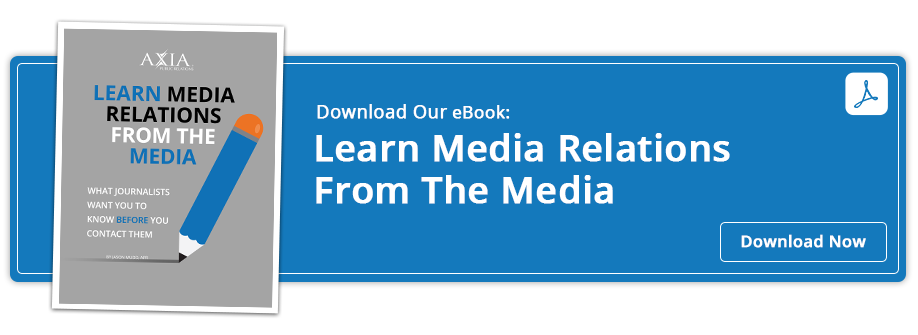6 steps to earn a Wikipedia article for your organization

A Wikipedia article is an effective way to spread the word about your company and keep people informed about it. Google often uses Wikipedia summaries at the top of its search results, which is great coverage for your company. So, how exactly does one get a Wikipedia page? There are several tough guidelines with which you must comply before moderators will allow your company to appear on Wikipedia.
1. Disclose your relationship with the company.
Wikipedia has strict rules regarding disclosure and conflicts of interest. Attempting to publish an article directly to Wikipedia without disclosing your relationship with the company (such as if you’re working for a PR agency partnering with the company) will result in a deleted page. Make sure your relationship with the company is clear by leaving a comment in the article's talk page.
2. Go through the Articles of Creation system instead of making a page yourself.
Due to abuse, Wikipedia has a system in place to review potential articles called Articles for Creation. Experienced editors will review the article and see if it's worthy of Wikipedia. While the review process can be slow, it's vital that you follow it.
3. Include news coverage from several reliable media outlets.
Genuine and credible news coverage from national media outlets, such as an article in The Washington Post, a segment on Fox Business, or an interview with Bloomberg, is essential. The more references from credible news sources you put on your Wikipedia page, the better chance you have of getting your company on the site. Wikipedia has a strict rule against original research, so don’t cite material written or distributed by someone directly connected to you or the company (such as a PR firm). Stick with sources from the news media, and make sure to reference these sources throughout the Wikipedia page.
4. Be sure your company has a national or international impact.
This means that your product or service must have an impact on an entire country or the world. This can be active, such as a well-known product, or passive, such as having clients across the globe in a significant part of the economy (e.g., staffing services). Simply releasing something new doesn’t cut it; it must affect a large number of people.
5. Use only factual and significant information.
It’s tempting to beef up your Wikipedia article with slight exaggeration. Don’t do it. Keep to the facts. Wiki editors are quick to remove an article that contains falsehoods or sounds promotional. If Wiki doesn't delete the page altogether, editors will remove any false information.
6. Be prepared for your page to have some unfavorable information.
It’s important to note that Wikipedia doesn't care if the coverage of your company is positive or negative. If something notable has happened to your company, such as a lawsuit or a major recall, an editor will put it on the page. Keep this in mind when creating an article. If you don’t want your dirty laundry out for everyone to see, then don’t push for a Wikipedia page.
If you want to go for a Wikipedia article, it's a good idea to preempt Wiki editors and add negative company history, so you can control how you present it. Otherwise, an editor or contributor will add it later.
Getting a Wikipedia article is a big boost for your company’s profile. However, it takes effort and time. Learn the three important requirements you must meet in order to have a Wiki page. If you feel that your company is Wiki-worthy, and you haven’t been able to procure the third-party media articles Wikipedia requires, a PR firm can help you. For additional information, read Axia Public Relations’ e-book “Learn Media Relations from the Media” for some tips to get your company the coverage you desire.
 Clients love Jacob’s speed. Jacob is an inbound marketing-certified webmaster. He earned an integrated communications degree from Florida State College at Jacksonville. Jacob joined Axia PR as an intern in August 2015 and earned his way into a critical role at our PR agency.
Clients love Jacob’s speed. Jacob is an inbound marketing-certified webmaster. He earned an integrated communications degree from Florida State College at Jacksonville. Jacob joined Axia PR as an intern in August 2015 and earned his way into a critical role at our PR agency.
Topics: public relations, PR tips, online public relations, shared media, Wikipedia



Comment on This Article